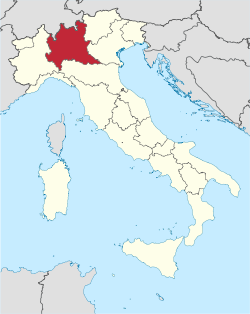The easiest way to spot a pawn shop is to look out for the three golden balls hung outside. These were the symbol of Lombardy:

That's Lombardy.
This was because the pawn industry was traditionally run by Lombards. Later, after a member of the Medici family in Charlemagne's army had killed a giant with three rocks, it became the Medici family symbol, too.
The three balls may also be the symbol of Saint Nicholas, the patron saint of pawn brokers, who gave a poor man's three daughters purses of gold so they could get married.
Pawn shops have a long and quite respectable history: not only did the English king Richard II pawn his crown, but Queen Isabella of Spain pawned her jewellery to finance Christopher Columbus's first voyage west.
If there's no pawn shop to be found near you then there's almost certainly several of these:

A pawn is the lowliest but most numerous of the pieces of a chess set, and the one most likely to be sacrificed to save one of the more powerful pieces.
Unless by some miracle you have avoided being buffeted by the current financial troubles then probably the very easiest way to see one of these is to look in a mirror.
Spot the frippet: pawn. The money-lending word comes from the Old French pan, which means security, from pannus, cloth, probably because clothing was often left as a pledge.
The word pawn meaning chess piece comes from the Mediaeval Latin pedō, which means infantryman, from the Latin pēs, foot.
Very interesting to learn all this. Did not know what the origin of the chess pawn was at all. A song of my youth is: "There's a pawn shop on the corner in Pittsburgh, Pennsylvania" sung by Guy Mitchell.
ReplyDeleteThey don't do internal rhyming like they used to, do they?
ReplyDeleteSigh...
Thanks very much, Kevin. Good luck with the business!
ReplyDelete